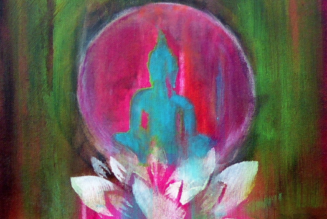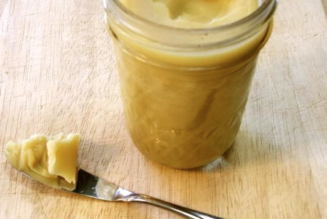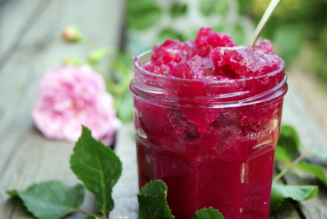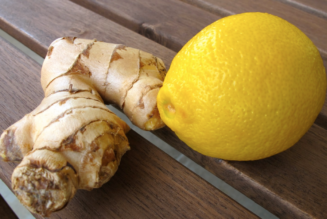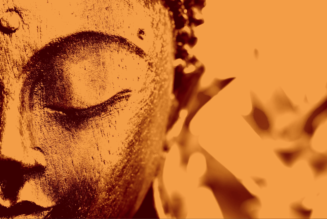Punarnava – The Renewing Ayurvedic Herb
Punarnava is one of the best known diuretic herbs in Ayurveda. The name Punarnava means ‘one that renews the old body’ indicating its potent rejuvenative properties particularly in heart and kidney issues. It is a strong digestive herb that is beneficial in sluggish and slow digestion. However, as it functions by absorbing fluids from the digestive system, it can be very constipating in excess and therefore caution must be exercised whilst using Punarnava. Since it works efficiently in reducing adipose tissue and balancing the urinary system, it is also an effective herb in cases of diabetes. It has a strong action on the kidneys by reducing excess fluids, swelling and edema hence making it an excellent herb in bladder infections and nephritis. Punarnava also works on reducing congestion and edema in the heart and lungs and allowing circulation to improve.
Some of the many ayurvedic actions that Punarnava possesses include; kindling appetite, reducing edema, alleviating coughs and congestion, nourishing the heart, promoting the eyes, reducing hemorrhoids and absorbing fluids from the intestines. It is a strong rejuvenative to the urinary system and heart thereby increasing vitality and strength in the body.
Properties:
Punarnava is a dry, light herb with a bitter taste and has a cooling effect in the body. Its post digestive effect is pungent and it is beneficial to the digestive, urinary and circulatory systems.
“It is believed that this plant can bring
rebirth in a deadly diseased condition.”
– Quote from the video clip – Healthy Ayurveda does not endorse any medical claims.
Some indications, amongst others, include:
· Cardiac edema
· Nephritis
· Bladder infections
· Congestive heart conditions
· Impaired urinary function
· Anemia
· Kidney stones
· Hepatitis
· Arthritis
· Hemorrhoids
· Alcoholism
· Diabetes
· Menorrhagia
· Intestinal spasms
· Bloating/ flatulence
· Worms
Usage:
There are many combination compounds that involve Punarnava to address certain conditions.
Some being:
· Punarnava, arjuna, and guggulu in heart deficiency
· Punarnava, gokshura and guduchi in edema and kidney conditions
· Punarnava, gokshura and guggulu in urinary tract infections
· Punarnava, shilajit and guduchi in diabetes
· Punarnava, ashoka and manjistha in uterine bleeding
Word Of Caution:
It is important to be aware of some of the contraindications of using Punarnava. In cases of diarrhea it should be avoided. Use caution particularly with sedative, antidepressant and antiepileptic medications. As always, use under the guidance of a medical professional.
Homage To Punarnava
To pay homage to Punarnava and the power of the divine feminine, included is the poem
by Raju Debee Bhattacharya
“Punonnoba”-Punarnava?
In some rainy month, did you decide
to climb up our lichened wall, to reach
the rusty tin-roof, transforming
its shabbiness into velvet-green,
to hang your emerald-pendants
around the neck of our home?
All knew the perennial Madhavilata;
the fragrant Hasnuhana; queen of the night.
They gaped when they saw you
running wild on our roof –
Velvet-green, strange, unknown.
We shouted with glee, “It is Punonnoba … Punarnava.”
That you had medicinal properties
that your juice soothes and heals
we never knew till the Vaid
sent his servant,
a demon who expertly climbed our roof
hacked away at its emerald-fringed coverlet!
Oh the despair and the hope
the running out in soaking rain
to watch your extending tendrils,
sprouting leaves,
growing in greenness … Punarnava …
eternal companion on the root-top.
That home was left behind,
as birth-strings snapped.
A refugee, wanderer, I
look for you, but no one here
knows your name. No one knows
a velvet-green medicinal creeper.
Lost to me, Punarnava,
your shade, your cool décor,
your healing magic.
References:
· Lad, V. (1999). The complete book of Ayurvedic home remedies.
· Sharma, H. (2011). Ayurvedic Healing. Singing Dragon
· Lad, V. (2002). Textbook of Ayurveda.
· Lad, V., & Frawley, D. (1986). The yoga of herbs
· Pole, S. (2013). Ayurvedic medicine the principles of traditional practice.
· Green, J. (2000). The herbal medicine-makers’ handbook a home manual.
· Lad, V. (2012). Ayurvedic perspectives on selected pathologies
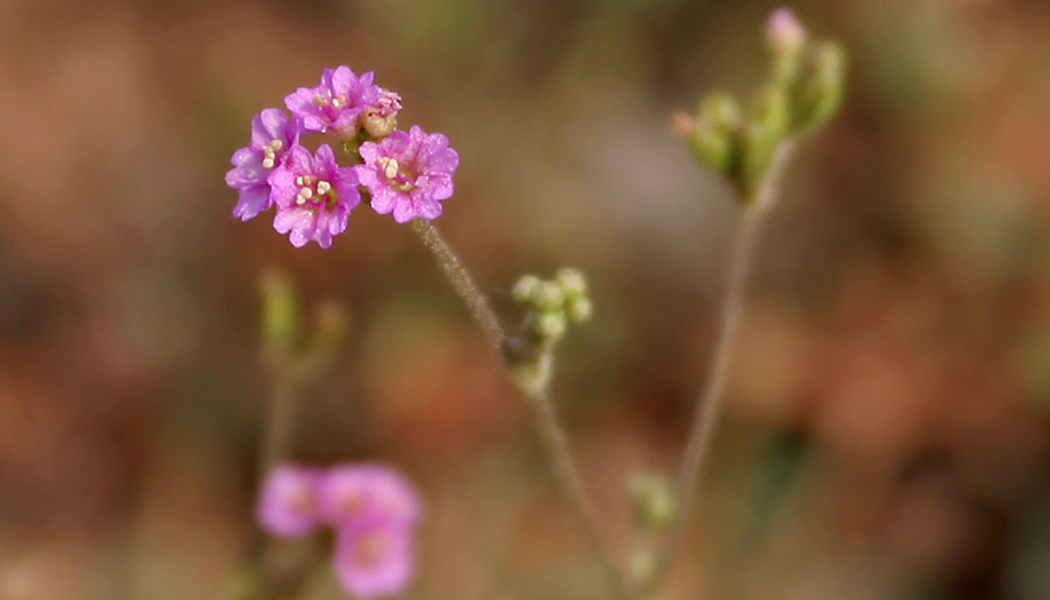
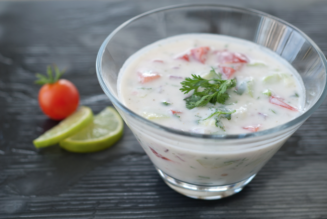
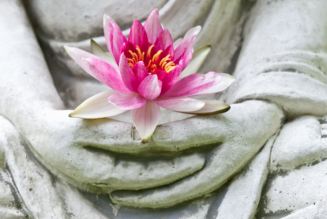
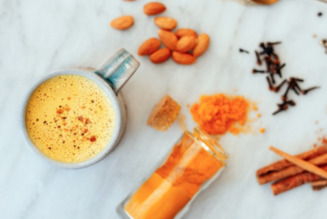
![Female Health: Amenorrhea [cessation of menses] – An Ayurvedic Perspective](https://healthyayurveda.com/wp-content/uploads/2015/07/1.-Amenorhea--327x219.png)
